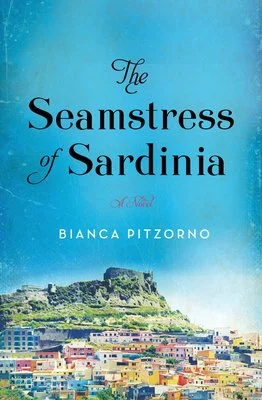If the Baby Boomer generation (born 1946-1964) is not a demographic that interests you, feel free to skip to another post. But if you want to dive deep into the emotional territory of aging, here are some tales for you. Remember, we all become elderly eventually!
First up, a new review of a recent book by a seasoned and reliable author.
Baumgartner Paul Auster (2023) The title character of this short novel is a seventy-something philosophy professor who, at the beginning of the book, is just about to retire from teaching at Princeton. Baumgartner’s wife has been dead for a decade, but he revisits his life with her through dreams, reminiscences, and perusal of the journals and poems that she left behind. Sensing the precarity of old age, he seeks to make the most of his time, continuing to write scholarly books and pursuing various romantic relationships. At the risk of revealing a spoiler, I’ll tell you that that ending is disturbing and not at all what you might expect. (For a review of another Auster novel, 4321, click here.)
Next, recaps of a few of my many reviews over the past seven years that feature elderly characters.
Our Souls at Night Kent Haruf (2015) A widow and a widower, neighbors in a small Midwestern town, carve out their own version of happiness in spite of setbacks. Readers can tuck this story away as a tutorial in how to cope with the inevitability of mortality. (The 2017 movie of the same name starred Robert Redford and Jane Fonda.) Click here for my full review.
Olive, Again Elizabeth Strout (2019) In thirteen linked short stories, the incomparable author Strout revisits Olive Kittredge, a character from her previous fiction. Olive, still living in rural Maine, is retired and declining in health, but she connects with other quirky characters as she fearlessly faces her future. Click here for my full review.
Midwinter Break Bernard MacLaverty (2017) A couple in their seventies who live in Scotland take a short vacation to Amsterdam in this masterful study of the pleasures and trials of a very long marriage. Click here for my full review.
Henry, Himself Stewart O’Nan (2019) This is a quiet, introspective portrait of a year in the life of Henry Maxwell, a retired engineer who lives in Pittsburgh with his wife, Emily. The novelist is able to turn everyday events into drama that drives his narrative in a highly effective way. Click here for my full review.
The Sense of an Ending Julian Barnes (2011) Tony Webster, a retired Briton who is amicably divorced, receives an unusual legacy that brings to mind painful scenes from his time in secondary school and at university. This ruminative short novel about memory, regret, forgiveness, and revenge was made into a movie in 2017.
Violeta Isabel Allende (2022) Translated from the Spanish by Frances Riddle. The fictional Violeta Del Valle tells her captivating life story in first person, from her birth in 1920 during one pandemic to her death in 2020 during another pandemic. The backdrop is the political upheaval in the history of an unnamed South American country that is very much like Chile.









